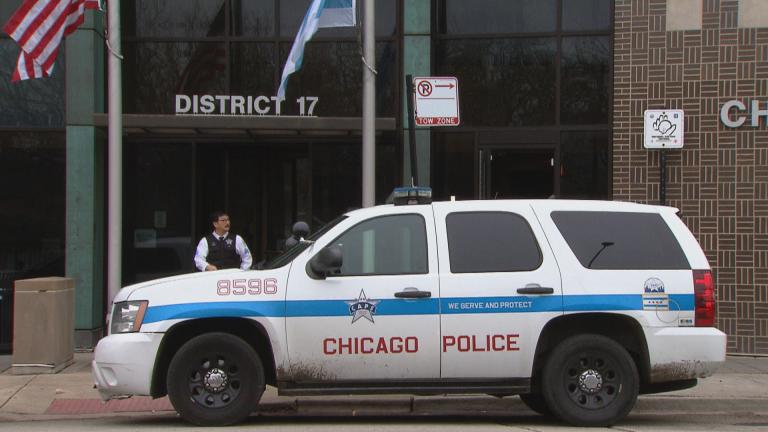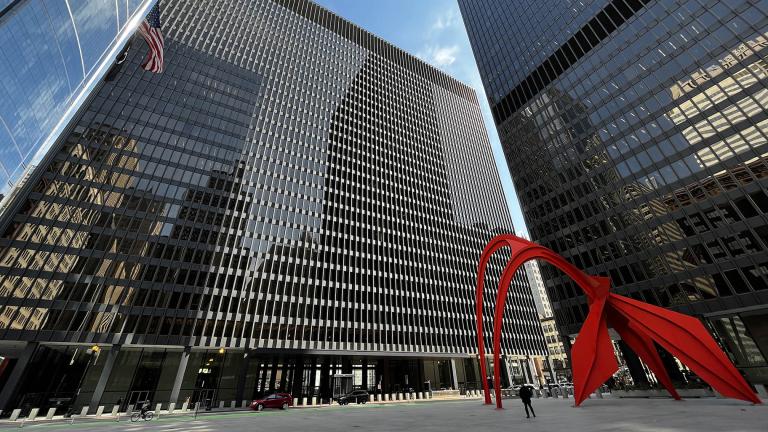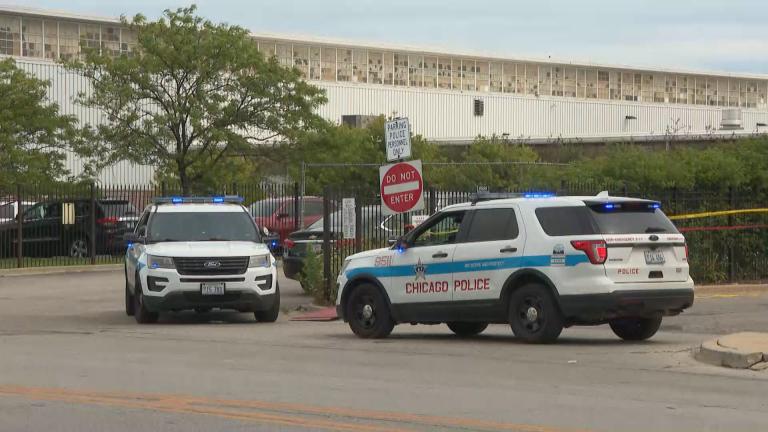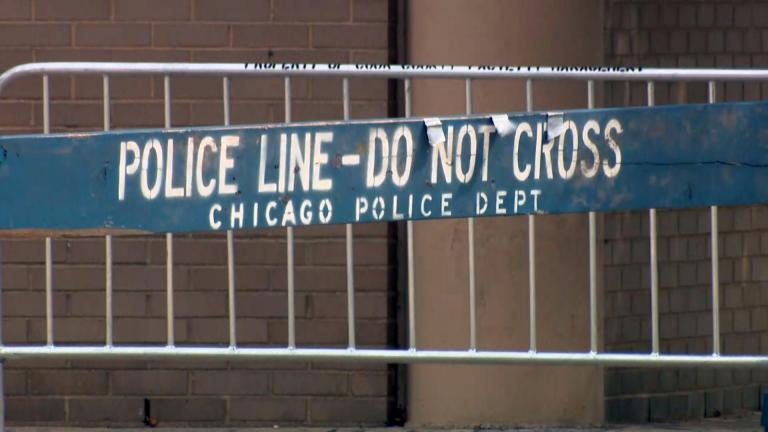The unanimous vote by the interim Community Commission for Public Safety and Accountability caps an effort that began in 2017 to stop the Chicago Police Department from using databases to track Chicagoans they believe to be in a gang.
Gangs
The U.S. Attorney’s Office in the Northern District of Illinois has scored some significant recent successes as part of its anti-gang efforts.
The dispute over the future of the gang database represents the first clash between the Police Department’s leaders and the commission made up of Chicagoans given the authority to set policy for the department in an attempt to restore trust in its operations.
The interim Community Commission for Public Safety and Accountability will hold a virtual meeting at 6:30 p.m. Monday to discuss a draft of the policy that would govern the new gang database, dubbed the Criminal Enterprise Information System.
The city’s curfew now starts at 10 p.m. seven days a week and applies to 17-year-olds. The vote, delayed Monday by a parliamentary procedure amid a deluge of criticism, came over the objections of the ACLU of Illinois, which warned city officials that the change would “exacerbate tensions between the police and young people.”
Ald. Nicholas Sposato (38th Ward) and Ald. Emma Mitts (37th Ward) — who both support the proposal — used a parliamentary procedure to prevent a vote on Monday. However, Public Safety Committee Chair Ald. Chris Taliaferro (29th Ward) filed a notice with the city clerk’s office to ensure the measure would get an up-or-down vote on Wednesday.
The 14-3 vote by the Chicago City Council’s Public Safety Committee tees up a showdown over the controversial measure by the full City Council, which is set to meet twice next week on Monday and Wednesday.
Ten reputed members of the Four Corner Hustlers street gang have been arrested and charged with conspiring to sell heroin and cocaine at open-air drug markets on Chicago’s West Side following a massive undercover investigation.
Police officials, including Superintendent David Brown, have repeatedly told members of the Chicago City Council that the new gang database — dubbed the Criminal Enterprise Information System — would be up and running shortly, only to see those deadlines repeatedly missed without explanation.
None of Mayor Lori Lightfoot’s allies on the Chicago City Council met the 10 a.m. Monday deadline to ask City Clerk Anna Valencia to put it on the agenda for Wednesday’s meeting, meaning the measure will remain in limbo at least until May.
The centerpiece of Mayor Lori Lightfoot's efforts to crack down on crime after violence soared in 2021, the measure will remain in limbo for at least another month.
Mayor Lori Lightfoot’s proposal to fight crime by going after the profits earned by Chicago’s gangs failed to pass the Chicago City Council on Wednesday amid a deluge of criticism.
“This will put innocent people at risk,” Cook County Public Defender Sharone Mitchell said. “Grandparents, other family members and innocent members of the community.”
A proposal from Mayor Lori Lightfoot to fight crime by going after the profits earned by Chicago’s gangs advanced Thursday over the objections of progressive alderpeople and civil rights groups. The 10-4 vote by the Chicago City Council’s Public Safety Committee tees up a showdown over the controversial measure at Wednesday’s full City Council.
Deputy Mayor John O’Malley told members of the Chicago City Council’s Public Safety Committee that Lightfoot’s plan had been narrowed in response to criticism from members of the Chicago City Council, civil rights groups and police reform advocates.
Mayor Lori Lightfoot will renew her push for a new city law designed to fight crime by suing gang leaders in civil court on Friday, prompting opponents of the revised proposal to form a coalition determined to convince the City Council to reject the measure they say would target Black and Latino Chicagoans and do nothing to stop violent crime.





